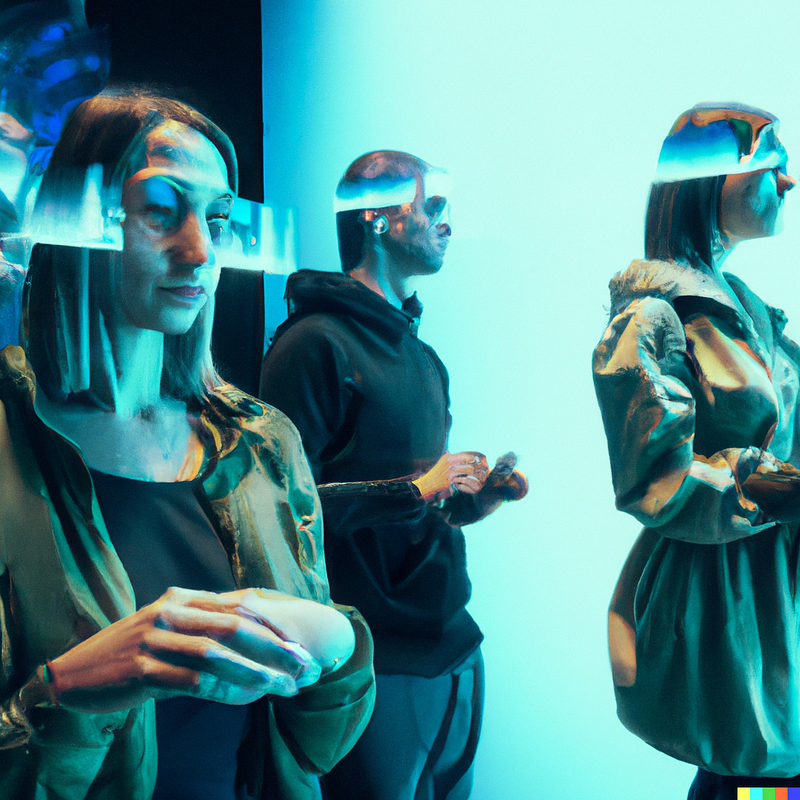Understanding Our Unique Perceptions of Reality
Written on
Chapter 1: The Complexity of Perception
In our daily lives, it becomes evident that individuals interpret the same situation through distinct perspectives. This phenomenon can be likened to a book that unfolds across multiple timelines featuring interconnected characters. The narrative is filled with action, yet offers little context about its heroes or the universe they inhabit. The result is a blend of excitement and confusion, where readers are left in awe of the vivid depictions of battles and chaos, but without a clear understanding of the underlying world.
When I encounter such a narrative, I find myself setting the book aside in frustration if the author fails to clarify the setting or the characters’ motivations. My initial intrigue may linger for a few days, as I typically enjoy stories that weave together complex timelines and enigmatic figures. However, I now seek connections and resolutions within the narrative. Being overwhelmed by a myriad of unsolved mysteries no longer captivates me.
Yet, it is clear that many readers appreciate the very book that leaves me perplexed, indicating that the issue lies within my interpretation rather than the literary work itself. When I discover that other critics share my sentiments, I realize that differing opinions can coexist without any being inherently right or wrong. This highlights an essential truth: artistic expressions require a sense of resolution. Just as a musical composition that strays from its tonal center can feel dissonant, narratives too must provide a satisfying conclusion to resonate with their audience.
Nonetheless, our individual experiences of resolution vary greatly. Some revel in the unfolding events regardless of their coherence within the broader narrative, while others find joy in the subtleties of foreshadowing and continuity.
One of the most profound lessons we can glean from our collective experiences is that each person views reality through their own lens, deriving enjoyment from diverse sources. Attempts to impose a universal standard of right and wrong, even when well-meaning, can undermine our rich tapestry of human diversity and contradict the essence of what it means to be human.
Written in a moment of reflection and appreciation for silence.
Thank you for taking the time to read my thoughts! Your support means a lot.
Who am I, you may wonder?
I am a musician with a passion for writing and a writer who creates music. Feel free to explore my world here.
Section 1.1: The Challenge of Understanding Others
Navigating the intricacies of human perception can be daunting.

Section 1.2: Embracing Our Differences
Understanding that our experiences are shaped by individual perception is crucial.
Chapter 2: The Role of Empathy
Empathy plays a vital role in bridging our differences.
In this TEDx talk by Poppy Crum, she delves into how our sensory perceptions shape our understanding of reality and how empathy can help us appreciate these differences.
Chapter 3: Exploring Perception Further
To further comprehend our varied experiences, we must consider different viewpoints.
In Lysa Morrison’s TEDx talk, she explores the reasons behind our diverse perceptions of the world, emphasizing the importance of recognizing and valuing these differences.